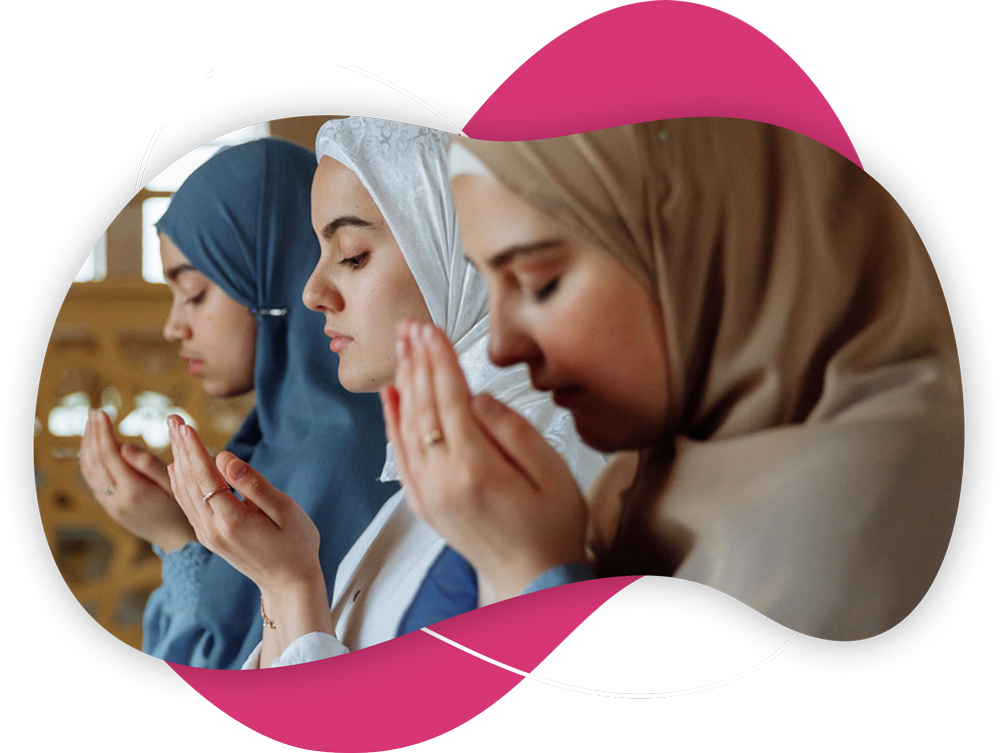What is Islamic Counselling
Many people have asked what is Islamic counselling and we have tried to summarise it here for you.

Different models of Islamic counselling
Some approaches that are used today:-
Quran centred – Some believe that everything should be based around the Quran and hence ignore modern psychology
Sufi – Follow a Mystic path healing to get closer to God
No need for counselling – Believe that Imam’s and Sheikhs are enough
What approach is best
Mainstream counselling looks at the mental and physical well being but does not include the spiritual aspect which all Muslims regardless of how religious they are would like the incorporation of faith in counselling.
It is highly recommended to choose a professional that offers Islamic counselling with an integrative approach in his or her counselling session. In this approach, the counsellor can apply and suggest strategies that work well with the patient’s religion, culture, and family dynamics. This approach not only benefits the Muslim patients but a well as patients from different religions. It is rooted from the Muslim’s belief that although they have the obligation to pass the message of Allah, they still don’t have the right to force the religion to others.
With this, one can conclude that Islamic counselling is not all about forcing the Islam religion to the patient, rather it is about acceptance and living in harmony despite differences in beliefs.

